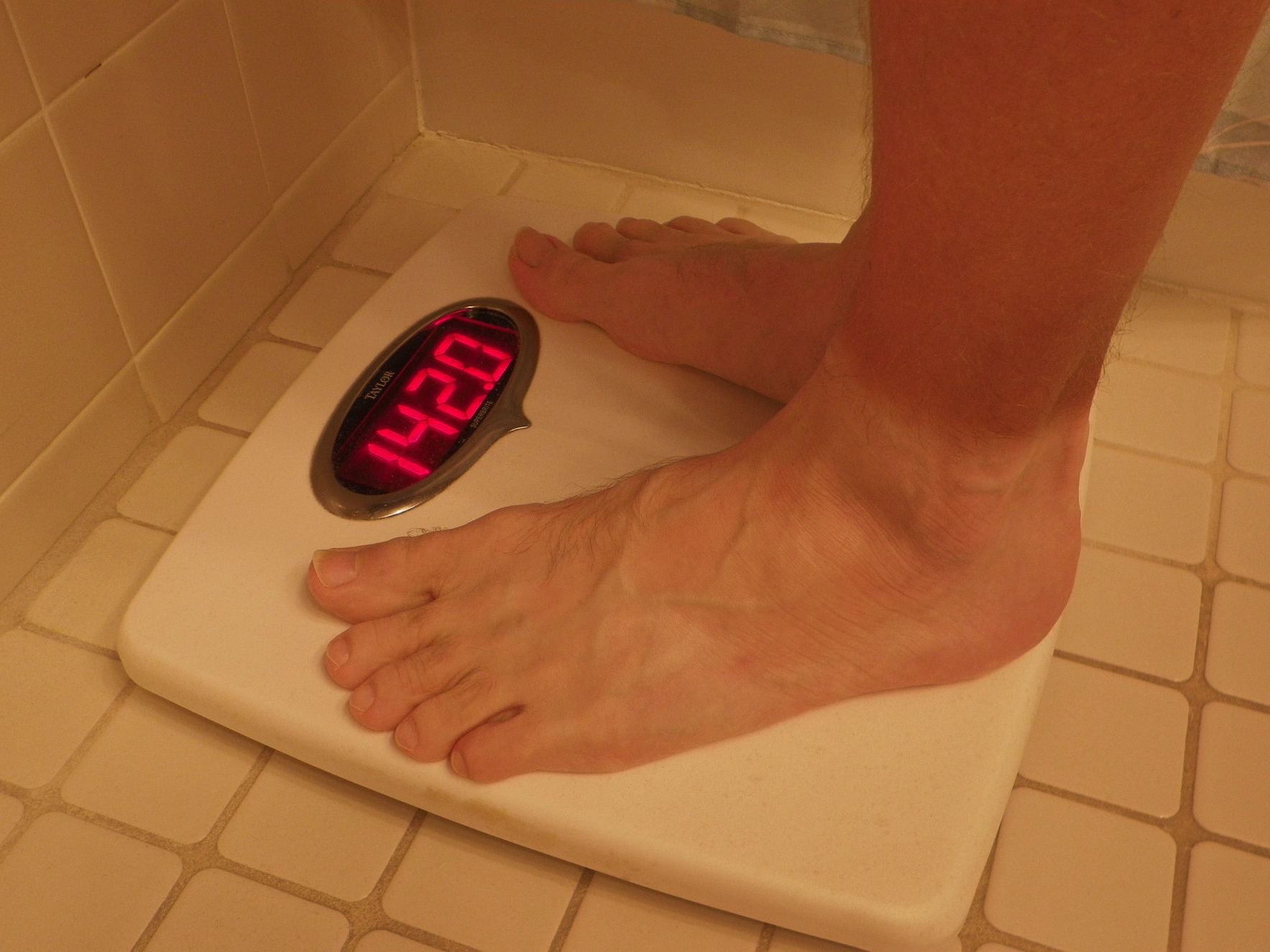We're often biased to see overweight people as less capable in the workplace.
What factors would you consider when evaluating candidates for a job or a promotion?
Their past performance? Personality?
These qualities might be meaningful, but a growing body of research suggests that we're swayed, too, by aspects of a person's physical appearance — namely, their weight. When it comes to judging professional potential, we're often biased to see overweight people as less capable.
A recent series of experiments led by Wharton professor Maurice Schweitzer, Ph.D., and doctoral student Emma Levine, highlighted the potentially powerful effects of weight bias in the workplace.
In one experiment, men and women rated digital resumes that included photographs of non-obese people and digitally altered photographs of those same people as obese.
Results showed that obese job candidates were deemed significantly less competent than non-obese candidates. Interestingly, even overweight participants showed a bias against obese candidates.
"What we found across our studies is that obesity serves as a proxy for low competence," Schweitzer said in a release. "People judge obese people to be less competent even when it's not the case."
Schweitzer and Levine's study is supported by other research, which suggests that obese people are generally seen as less productive, more prone to interpersonal problems, lazy, and less intelligent than their thinner counterparts.
Perhaps the most compelling evidence that overweight people are less successful in the workplace is research that found they tend to earn less than others. White women seem to be most affected by weight bias: A difference of about 64 pounds translates to a 9% decrease in wages for this demographic.
It's worth noting that experts disagree as to whether the wage penalty is a way to offset higher expected healthcare costs or discrimination.
But assuming that discrimination accounts for at least some part of the wage penalty, a major issue is that weight discrimination is still relatively socially acceptable — especially compared to gender or race prejudice.
White women seem to be most affected by weight bias.
"Because many people perceive obesity to be a choice, discrimination against obese people is far more accepted" than other forms of discrimination, Schweitzer said in the release.
In fact, under federal law, employers cannot discriminate against employees on the basis of race or sex. But only one state — Michigan — has a law against weight discrimination.
Ultimately, it helps to simply be aware that weight bias exists. If you're on the hiring side of the job application process, you can take measures to ensure that weight bias doesn't interfere with your good judgment about which candidate would perform best.
If you feel that weight discrimination has interfered with your professional prospects, The Council on Size and Weight Discrimination recommends speaking to the appropriate person — say, your boss or the hiring manager — about the problem. If that doesn't work, you can get in touch with the Equal Employment Opportunity Commission or the American Civil Liberties Union.
Fuente: finance.yahoo.com
